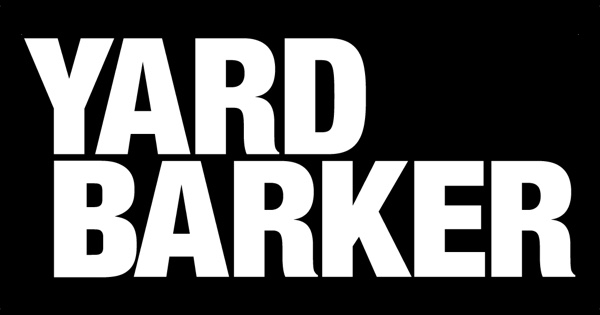The Chicago Bulls are currently at a pivotal crossroads, facing a crucial decision regarding the future of veteran big man Nikola Vucevic as he enters the final year of his substantial three-year, $60 million contract. This critical juncture presents the franchise with a complex dilemma: explore a potential midseason trade, continue to utilize him as a starting center, or consider the significant implications of a contract buyout. Each path carries distinct benefits and drawbacks that will profoundly impact the team’s immediate competitiveness and long-term strategic direction.
One compelling argument for retaining Nikola Vucevic lies in his impressive offensive versatility and consistent on-court production. Last season, he demonstrated his value by averaging a solid 18.5 points, 10.1 rebounds, and 3.5 assists per game, coupled with remarkable shooting percentages of 53% from the field and 40.2% from three-point range. Few big men in the league offer such a well-rounded blend of floor spacing, playmaking ability, and traditional paint presence, making him an invaluable asset to the Bulls’ offensive schemes.
Beyond his statistical contributions, Vucevic plays a crucial role in Chicago’s offensive fluidity, often acting as a high-post hub who facilitates opportunities for his teammates. His ability to consistently stretch the floor is vital, as it effectively opens up driving lanes for wings and guards, allowing them to operate more efficiently and create scoring chances. Furthermore, Vucevic provides essential veteran leadership, mentoring younger talents like Patrick Williams and contributing to team morale during the demanding 82-game NBA season, which is critical for a competitive roster.
Conversely, a primary driver for considering a buyout stems from the opportunity to unlock significant financial flexibility. While Bulls owner Jerry Reinsdorf has historically been reluctant to pay players not to play, cutting ties with Vucevic could be a strategic move to focus on long-term cap management. A buyout typically involves negotiating for a portion of the remaining salary, thereby freeing up substantial resources that could be strategically reinvested elsewhere, potentially aligning the team with future objectives such as pursuing high-profile restricted free agents like Josh Giddey.
Another compelling strategic benefit of a buyout is the potential to accelerate the development of the Bulls’ younger core, particularly Patrick Williams, who has faced challenges establishing a larger role in a crowded frontcourt alongside Vucevic. A move involving Vucevic would effectively clear a pathway for Williams to assume increased responsibilities, providing the Bulls with a clearer evaluation of his potential as a foundational piece for the franchise, especially given his significant contract. This shift could inject new energy and define clearer roles for emerging talents.
However, the decision to buy out Vucevic is not without considerable risks, primarily the potential loss of trade leverage. While the current trade market for Vucevic might not appear robust, the dynamic nature of the NBA, including unforeseen injuries or fluctuating team needs across the league, could significantly increase his value midseason. Opting for a buyout would mean forgoing any chance of acquiring draft picks or other underrated talent in return, settling solely for financial savings rather than potentially gaining additional assets.
Furthermore, an abrupt removal of a central player like Vucevic, especially for a team still actively pursuing a playoff berth, could severely disrupt team chemistry and continuity. Unlike a structured trade where roles often shift logically, a buyout creates immediate gaps in the roster without a clear, pre-defined replacement plan. This type of poorly timed move risks eroding team confidence among players, coaching staff, and the fan base, potentially causing more harm than good without a comprehensive backup strategy in place.
Ultimately, the Chicago Bulls’ decision regarding Nikola Vucevic encapsulates a delicate balance between immediate short-term competitiveness and crucial long-term strategic planning. Keeping him on the roster aligns with prioritizing a playoff push this season, leveraging his offensive prowess, experience, and established role within the rotation. His leadership and versatility are undeniable assets for a team aiming to contend in the Eastern Conference.
Conversely, opting for a buyout represents a bold step towards organizational rebirth, offering significant financial freedom and the opportunity to pivot towards a younger core and future cap flexibility. There is no singular, easy answer, and the Bulls’ front office must ensure their chosen path—whether clinging to playoff hopes or initiating a rebuild—is meticulously planned and aligns with a cohesive vision for the franchise’s next chapter, ensuring it benefits both the team’s on-court performance and its passionate fan base.






Leave a Reply